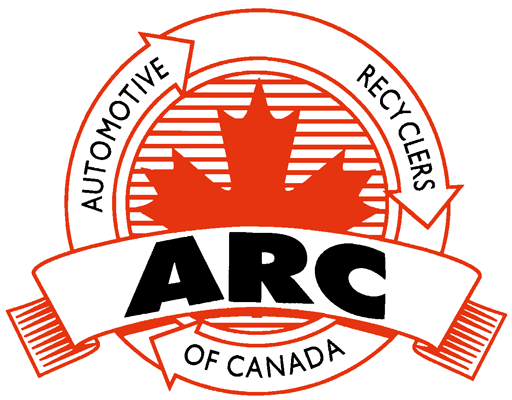The recent decision by the federal government to pause Canada’s 2026 zero-emission vehicle sales mandate is both timely and responsible. Ottawa has announced a 60-day review of the program, reflecting growing recognition that while electrification is essential, the transition must be achievable across the entire automotive ecosystem—not just for manufacturers and consumers, but also for recyclers.
At ARC, we welcome this reprieve. It’s not about slowing down the future of EVs—it’s about ensuring that all the necessary supports, training, and infrastructure are in place so Canada’s auto dismantling and recycling industry can handle the wave of electrification safely and sustainably.
Why a Pause Matters
🔹 Time to Build Capacity
Electric vehicles are fundamentally different at the end of their life cycle. High-voltage batteries, electric drivetrains, and complex safety requirements demand specialized knowledge, equipment, and handling protocols. Without the breathing room provided by this pause, recyclers would be forced to adapt too quickly—risking unsafe practices or bottlenecks in processing.
🔹 Training & Infrastructure Alignment
This pause allows time for recyclers to develop and expand training programs, certification pathways, and dismantling technologies. It also enables facilities to invest in safe storage and transport systems for EV batteries. Aligning industry readiness with the pace of EV adoption ensures that recyclers are prepared to manage these vehicles responsibly.
🔹 Enabling Sustainable Market Growth
ARC fully supports Canada’s transition to electric mobility. But sustainability doesn’t end at the charging station—it extends to the full lifecycle of the vehicle. By pausing the mandate, the federal government ensures that recycling systems can scale in tandem with EV adoption, protecting both the environment and the integrity of Canada’s circular economy.
What Needs to Happen Next
During this 60-day review, ARC urges policymakers to:
– Engage recyclers and industry experts in consultation.
– Develop funding and incentives to accelerate training and infrastructure readiness.
– Establish a phased approach to EV mandates that ties adoption to end-of-life management capacity.
A Balanced Approach
This is not about stepping away from electrification—it’s about stepping into it responsibly. A sustainable EV future requires that Canada’s recycling industry is fully equipped to manage end-of-life vehicles safely, efficiently, and profitably.
By embracing a strategic pause, we can ensure a resilient and balanced transition—one that protects consumers, supports industry, and strengthens Canada’s environmental leadership.
📢 ARC will continue to advocate for policies that align innovation with practicality. Together, we can build an EV ecosystem that works not just at the dealership, but all the way to the dismantling yard.
By Wally Dingman, Executive Director of the Automotive Recyclers of Canada
